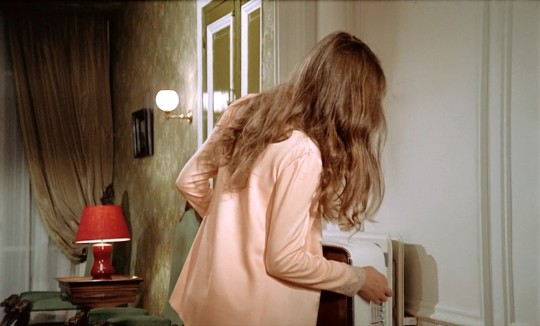#enragées
Explore tagged Tumblr posts
Text

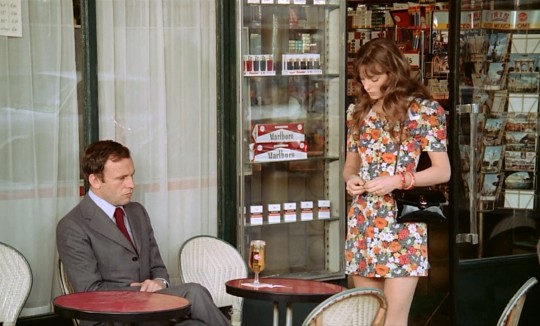
Le mouton enragé, 1974
409 notes
·
View notes
Text
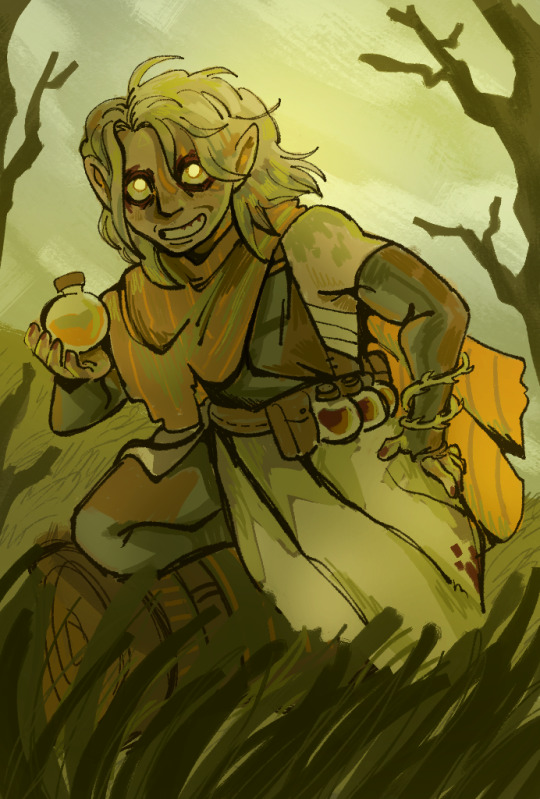
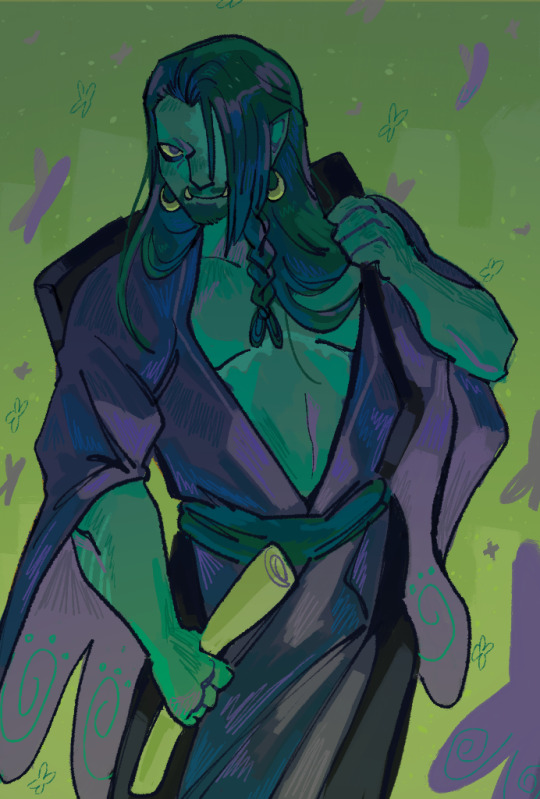
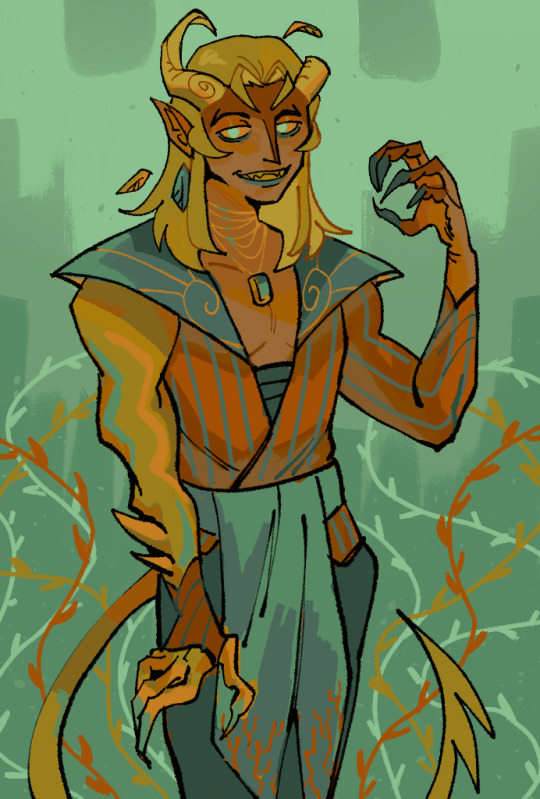
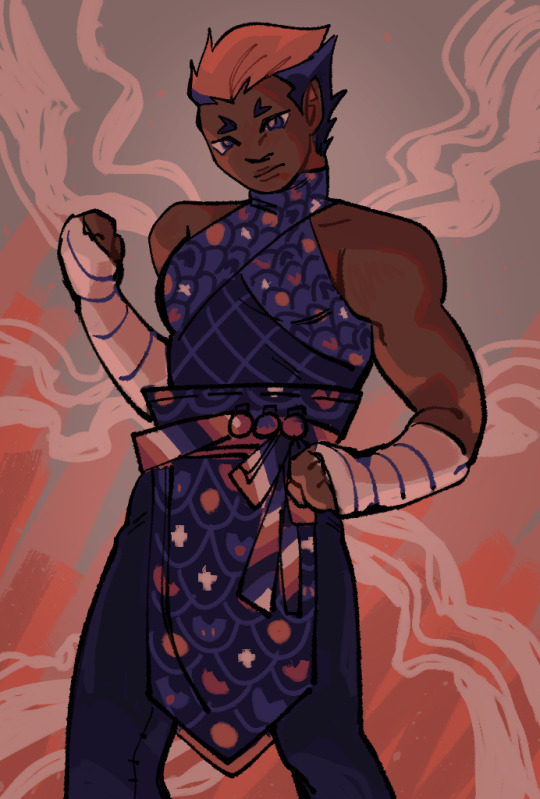
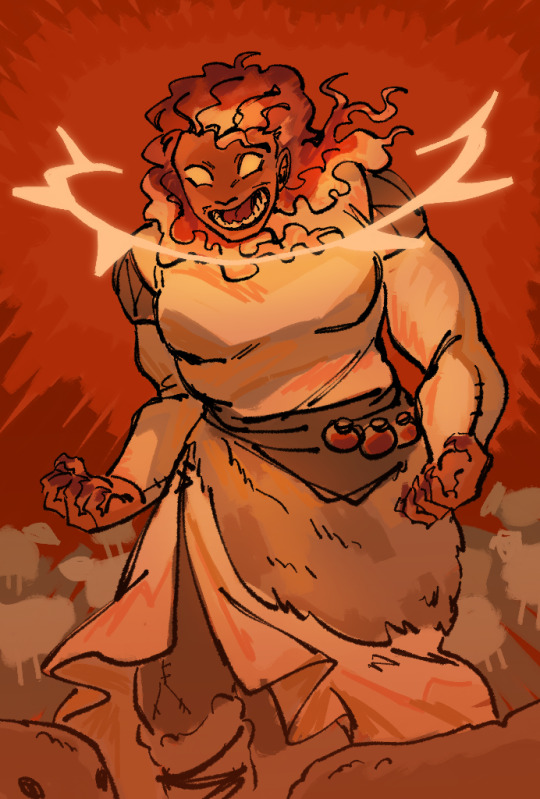
some of the portraits ive made for my kingmaker games
#kingmaker shenanigans#undescribed#my art#ive run out of brains for words but basically: first 2 are from yesterday for Thorns' party. feature thorns and viridian.#second set is from today. featuring Amore. Eurydice and Lambkin for the lets romance nyrissa and save the world entirely#i'll explain later some of the details here and there designs wise. like amore's broke heart with her horns and lambkin's halo being a#spiked collar cause chien enragé barbarian. stuff like that. first crew are lvl3 second only lvl2 so those are they baby stage#those are really fun to do theres a Lot more i'll have to draw
102 notes
·
View notes
Text




Le Mouton Enragé (1974)
39 notes
·
View notes
Text










Le mouton enragé (1974). dir. Michel Deville
#le mouton enragé#love at the top#michel deville#film#jean-louis trintignant#romy schneider#jane birkin#1970s#french cinema
27 notes
·
View notes
Text
Pierre Gaspard Chaumette

Chaumette is, in my eyes, one of the most complex revolutionaries of this period. He is very interesting, but at times I wanted to applaud him and shake his hand, and at other times I wanted to booed him or even punch him in the face. It's really strange, and this feeling lasted until the end. Frankly, the mix of admiration and exasperation (an understatement for the two feelings mentioned) he inspires in me is disconcerting even to myself.
In a way, he embodies one of the most generous aspects of the revolution and, at the same time, one of the most conservative, even reactionary, aspects, sometimes verging on the lamentable. He is truly a paradoxical character, much more so than other revolutionaries. That’s why, in my eyes, he is one of the most fascinating figures of the French Revolution to study.
Positive Aspects:
He went much further in the fight against slavery than others (notably compared to Olympe de Gouges); for example, he supported the Haitian revolts with great enthusiasm. One could say he was an anti-colonialist, which demonstrates that he firmly believed not only in the freedom of metropolitan France but also in the freedom of other peoples (perhaps this idea took root when he was a naval officer in the American War of Independence, but we know his fight against slavery was due to his stay in the West Indies).
Like other revolutionaries, he was against the issue of war, a decision that proved to be the right one.
He sought to emancipate the French people from religious aspects that infantilized them.
Contrary to the black legend, he did not participate in the September massacres.
Let’s not forget that he lived with other revolutionaries in a very complicated and infernal period, aggravated by a war he did not want and fight. Plus the royalists threats were not empty words
He fulfilled his role as the prosecutor of the Paris Commune with great care. He championed the principle of providing individual beds in hospitals, for example, and the equality of funeral rites for both the rich and the poor. He advocated for the maximum and only intervened in the Convention with the sections of the sans-culottes when he deemed it necessary for measures that proved to be good, such as the maximum and the raising of a revolutionary army. He fought against poverty. He did not use armed force to throw deputies out and get elected (at the same time, the sans-culottes would have dismantled him if he had tried, and he wouldn’t have succeeded). As for the Girondins (the 21 placed under arrest), let’s not forget they were responsible for a war that Chaumette and many others did not want, which worsened the revolution’s situation, and moreover, the Gironde wanted their heads and other deputies had gravely disrespected them (an understatement when we consider Isnard's speech). I feel that Chaumette did not want power; he was part of that group of revolutionaries who would oversee the government to ensure it responded to the people's needs and would only intervene if he deemed it necessary, which is ultimately a good thing. Moreover, he was pragmatic and more reasonable than others; he refused to rise alongside other Hébertists for an insurrection against the Montagnards (some argue he was satisfied with the Convention's compensation on the Ventôse law, ultimately not applied, and knew the Convention was in a tough situation and it was better not to push). Ultimately, his execution was a grave mistake. One could say he was a man who lived for the revolution until the end and died with disinterest.
Negative Aspects:
The gross opportunism he displayed, along with others, to eliminate the Enragés and resume his petitions. Just a big no for me.
Apparently, but this needs proof, so maybe what I'm saying is false, he was complicit with Hébert (alongside Pache and Jacques-Louis David) in the disgusting false accusation concerning Marie Antoinette and her son (so horrible I won't repeat it). He should have died of shame for even thinking of doing that.
His great misogyny, which is appalling, even worse than other revolutionaries who refused to grant more rights to women's citizenship. Just reading his speeches makes you facepalm and want to hit him. And apparently, it was worse for prostitutes.
When he invaded with Hanriot and the sans-culottes to demand the arrest of the Girondins, they made a grave violation of the law, regardless of whether they had good reasons or not.
It’s true he supported the harshest laws, no matter how understandable his frustration was with many others, you don't "play" (forgive the expression) with judicial safeguards. He let Hébert, his deputy, unleash demands for executions, including those of innocents (General Custine among many others). So in the best case he is responsible and in worst case he encourage or maybe give him orders as Hebert was less senior as he didn't have the same rank in Commune than him although Hebert acted freely.Plus somewhere it allowed madmen like Carrier, Barras, Fouché (although more out of opportunism than a fervent revolutionary, especially when we know Fouché well) to try to exonerate themselves from the horrible acts they committed while trying to rely on the unusual harshness of certain aspects of the revolution.
The imposition of dechristianisation of people that didn't want that. Can't answer intolerance by other intolerance . Yes secularism is very important but cannot prevent people from following a religion. Plus it exasperated a lot of French people at that time bad move ( already talk in one my post of this https://www.tumblr.com/nesiacha/744960791081631744/the-difference-in-treatment-between-the-indulgents?source=share)
It's interesting to see that by lowering "the safeguards" and legal security, the revolutionaries programmed their own disappearance in a way (I simplify because it's more complicated than that they were not bloodthirst and there is too much black legend on them). I know wartime laws cannot be the same as peacetime laws, but one must be very careful even if there was an infernal situation. And if Chaumette’s execution can rightly be judged as unjustified, he, in a way, also programmed his own disappearance with others. But whatever happens when we analyze all the aspects of the frev we can only be admiring but also disappointed in the missed appointments of this period which could have been magnificent. And that’s really what comes out of Chaumette
27 notes
·
View notes
Photo
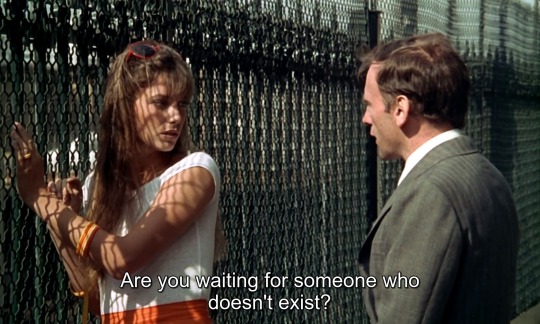
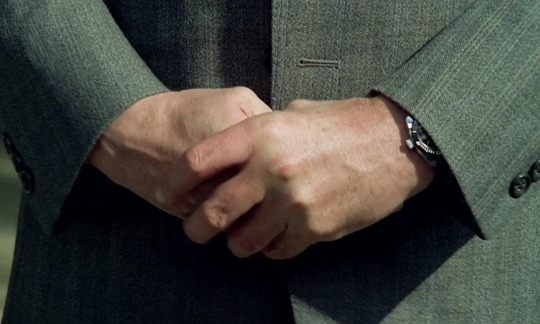
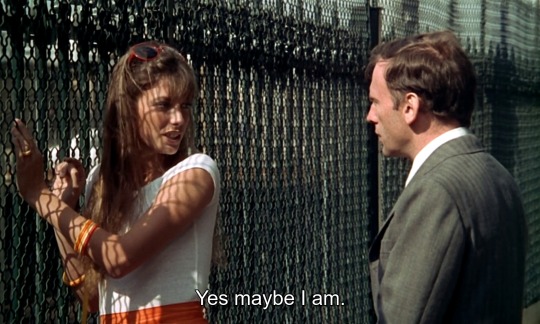

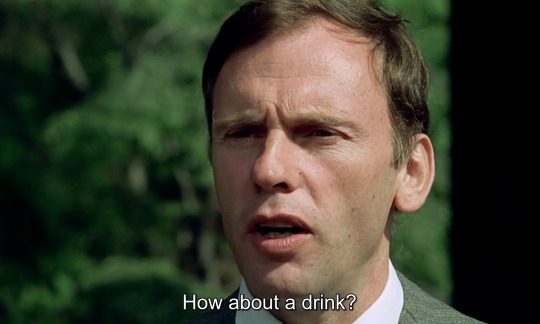

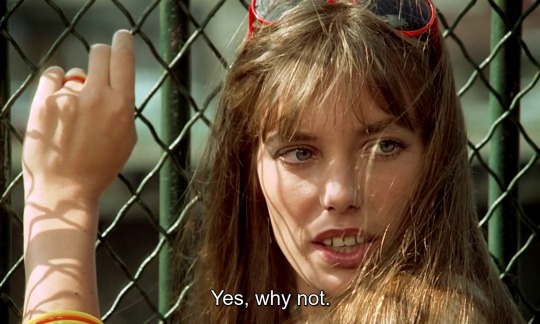
Le mouton enragé | Michel Deville | 1974
Jane Birkin, Jean-Louis Trintignant
184 notes
·
View notes
Text
And Desaix about another fan favourite
Bernadotte: young, full of fire, vigour, fine passions, above all of character, very estimable; he is not loved because he passes for crazy, his troops the best kept in the army
#“crazy” = “enragé” in original french#maybe indicating a zealot?#napoleon's marshals#jean baptiste bernadotte#italy 1797
30 notes
·
View notes
Text
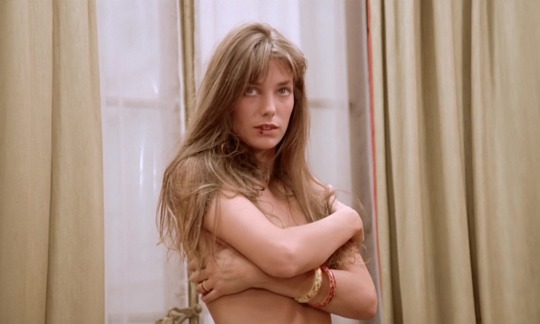
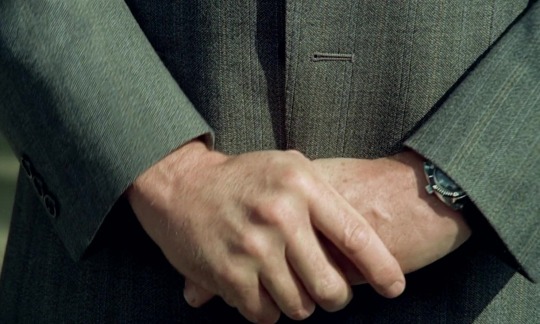
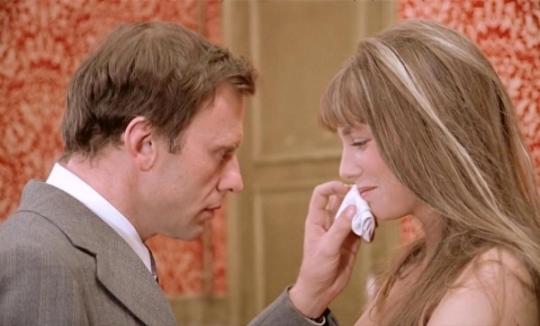
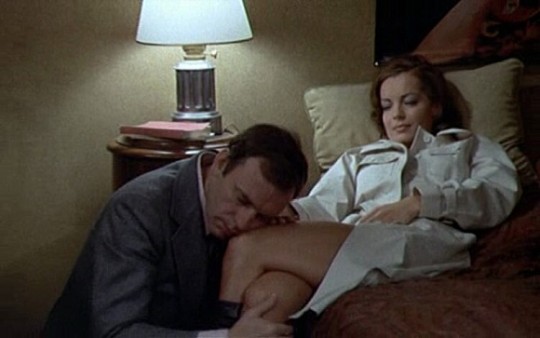
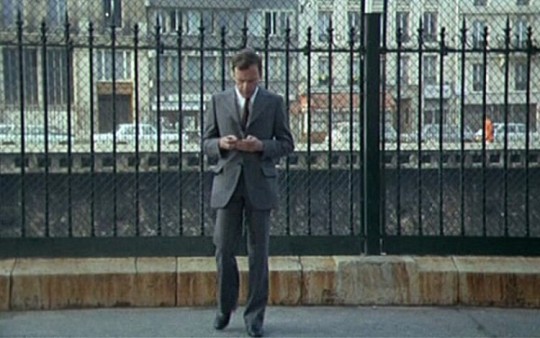
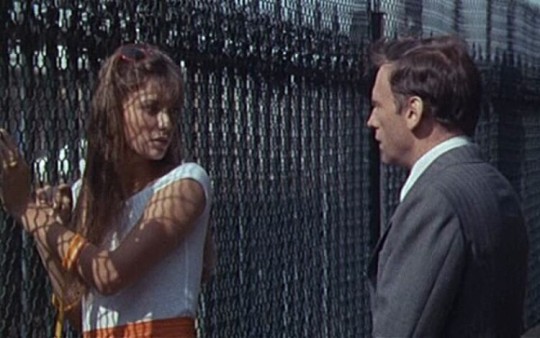
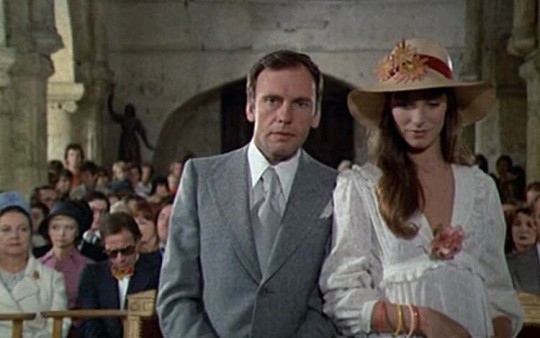
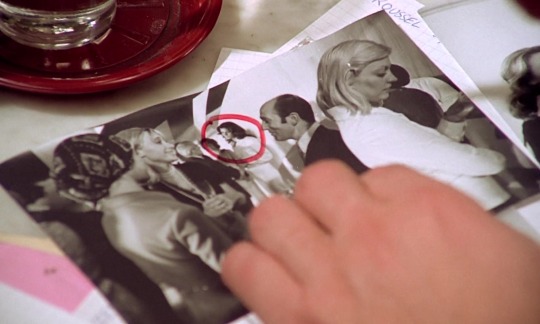
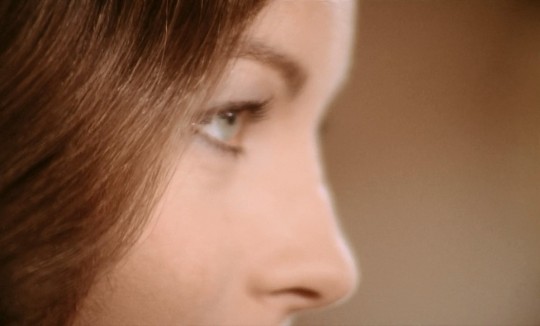
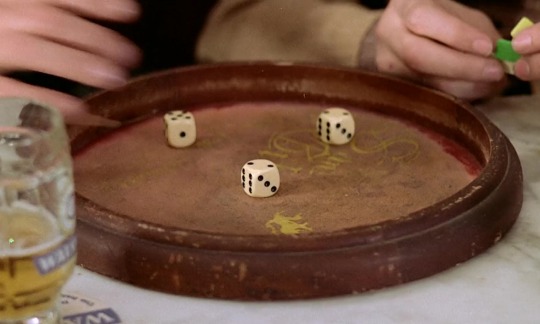
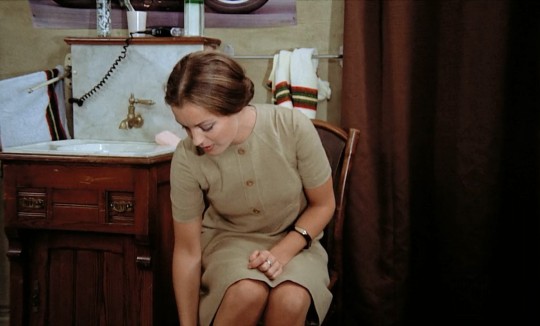

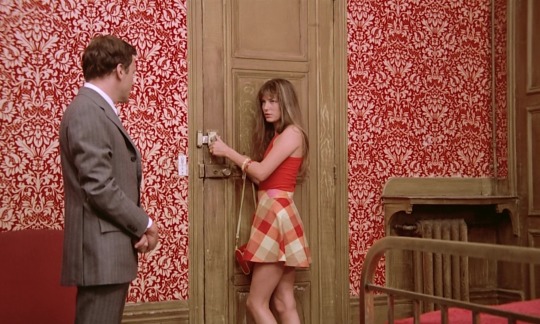
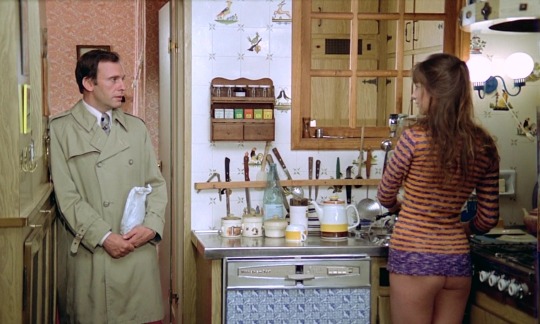
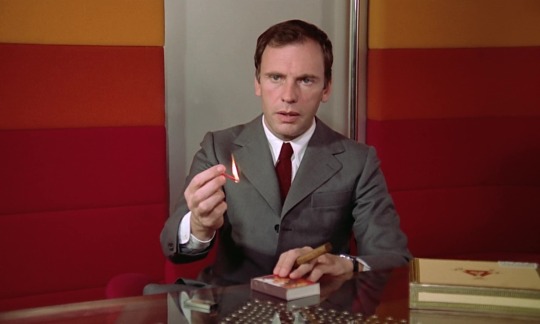
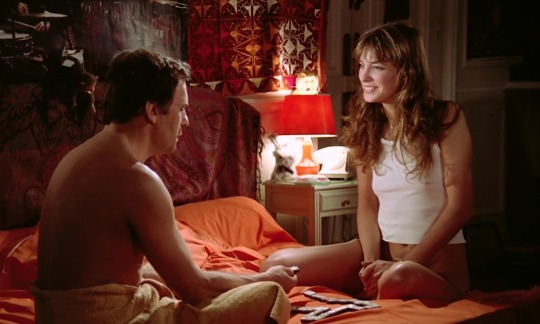
Le mouton enragé | Michel Deville | 1974
20 notes
·
View notes
Photo
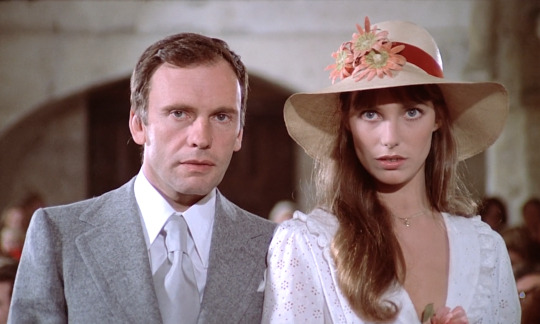
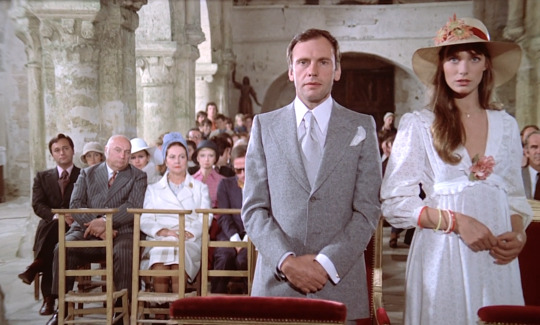


Le mouton enragé / Love at the Top Michel Deville. 1974
Wedding Église Saint-Martin, 12 Pl. de l'Église, 95830 Cormeilles-en-Vexin, France See in map
See in imdb
#michel deville#le mouton enragé#love at the top#jean louis trintignant#jane birkin#church#cormeilles en vexin#wedding#movie#cinema#film#location#google maps#street view#1974
30 notes
·
View notes
Text
le commissaire calas ⚖
j'ai trouvé ce film en méga bonne qualité ya un bail et je l'avais oublié puis ça m'a fait tikt
lana is so real for this song
von stroheim avec jouvet c'est slayyy, florence marly is iconic vraiment 💅
comment c'est possible de slay AUTANT ???


7 notes
·
View notes
Text
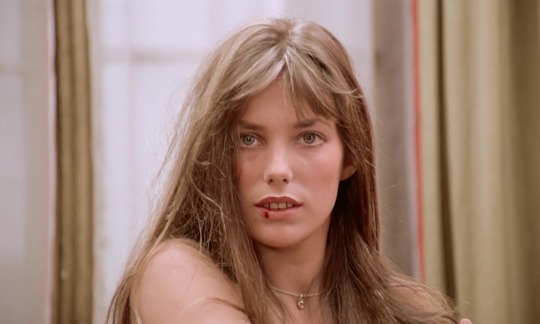
Mouton Enragé (Love on Top: 1974), Jane Birkin et Jean-Louis Trintignant
18 notes
·
View notes
Text
I had a dream that Hébert got savagely mauled by a whale, send help
4 notes
·
View notes
Photo










(via Coussin avec l'œuvre « "Fureur du Loup Sauvage" » de l'artiste Art-Vortex-fr)
#findyourthing#redbubble#Loup sauvage enragé colère affamé prédateur animal sauvage nature féroce puissant hurlement alpha instinct chasseur bleu
0 notes
Text
Good news and bad news about my research on Jacques Roux supporters, more precisely on Marguerite Julie David
Continuing to do research in order to find out who was Marguerite David then supporter of Jacques Roux I found this very interesting article which talks about the supporters of Jacques Roux ( and Marguerite David). It is called "Les Jacquesroutins" written by Walter Markov Bad news my computer very capricious now on certain sites refuses me access :( So still at a standstill for my research. In addition, I cannot give you any information. I nevertheless put you the link for those who are interested do not hesitate to say the most important elements if you want :)
https://www.jstor.org/stable/41926264
2 notes
·
View notes
Text

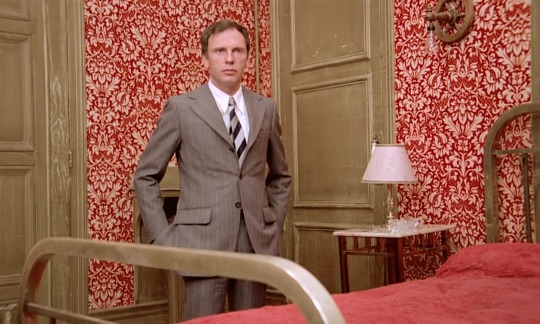
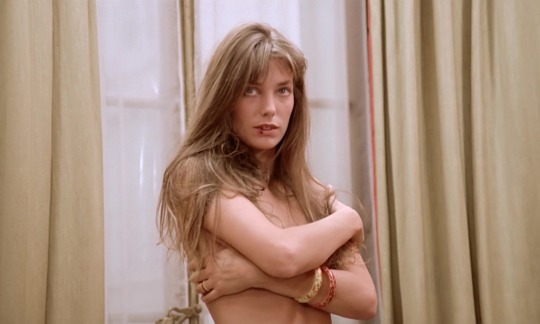
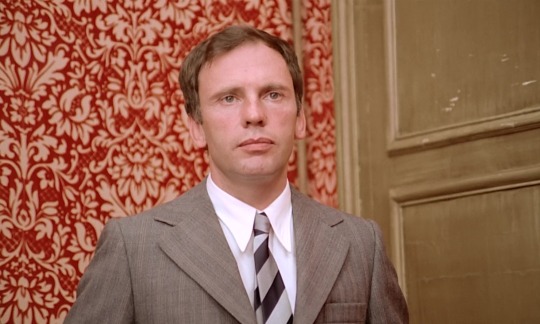
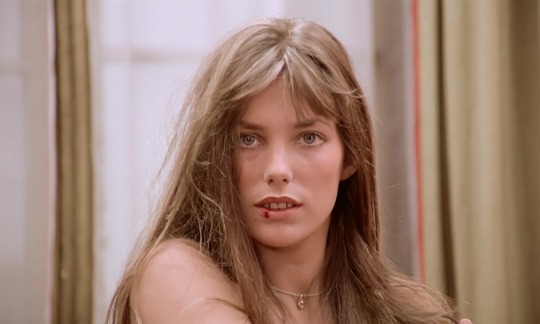
Le mouton enragé | Michel Deville | 1974
Jane Birkin, Jean-Louis Trintignant
72 notes
·
View notes

